It’s a strange time for restaurants to say the least, and it’s certainly an even stranger time to write a memoir about a life spent in them. Nonetheless, David Chang, the chef and founder of Momofuku, creator and star of Netflix’s Ugly Delicious, and New York Times bestselling author, recently published his new highly anticipated memoir Eat a Peach.
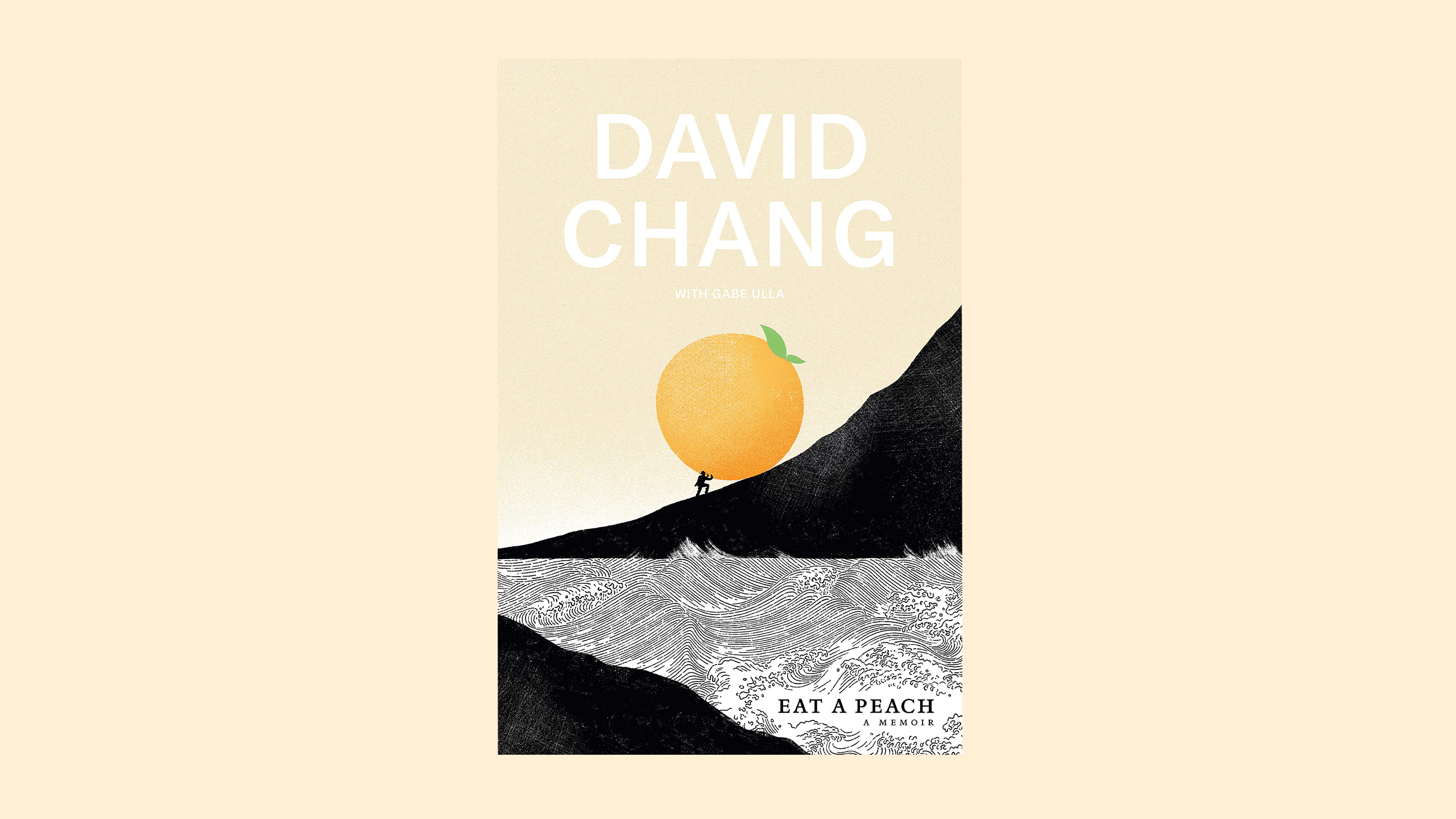
While the book is coming out during an unprecedented time for restauranteurs (and everyone), throughout the book, Chang promotes the idea that cooking in a restaurant has been and always will be a sisyphean, uphill battle. Throughout the memoir, Chang details his battles with depression and self-doubt he faced all while creating the Momofuku empire, as well as the personal work he has done to improve, not just as a chef, but in his personal life.
I recently had the chance to speak with Chang about five books he recommends to aspiring chefs, why he dislikes Instant Pots so much, existential philosophy, and plenty more.
Daniel Modlin: So in the first few pages of your new book, you talk about the cover, and why it isn’t a picture of your face as is traditional for a ‘celebrity’ memoir, but instead, a little man pushing a big peach up a bigger hill.
David Chang: It’s because I’m always thinking about the best case scenario and the worst case scenario. It saves me time to be prepared for both. And so when ~this all happened~ some friends were like “way to go fucking asshole, the one time you were right about doom and gloom it had to be this.” But what I failed to anticipate was that we would have a completely inept government led by a moron of a president. I didn’t think that people wouldn’t want to wear masks. I didn’t think stupidity would prevail in the way that it has. I thought we’d be getting back online in September at the latest, and that certainly isn’t the case.
DM: So in the book, you kind of protect yourself a lot in the sense that you’re asking the reader, “Why are you reading this? I don’t have all the answers to help you become a successful chef.”
DC: I don’t think anyone does. Do you think anyone who claims to have the answers to something actually has them?
One of my favorite books is by Michael Pollan. Everyone thinks about Omnivore’s Dilemma, but what makes How to Change Your Mind so amazing is I would literally say Michael Pollan is one of the last people I’d expect to be tripping balls and then writing the most insane book about all of the positive and medical benefits of psychedelics and the history behind them. I mean I love that almost more than the contents of the book, which are amazing in itself. But it's worth buying if you want to read his descriptions of hallucinogenic experiences because those are never captured well in film, but Pollen’s real straight-laced sort of Hunter S. Thompson's style really does it justice.

DM: So speaking of change and different perspectives, I’d love to get your opinion on reform in the restaurant industry.
DC: It’s long overdue for sure. I mean, people have been talking about it for a while, it’s just a matter of people, myself included, listening.
An eye-opener for me was Lisa Donovan’s book that just came out called Our Lady of Perpetual Hunger She’s a world class pastry chef and a real writer, like a real fucking writer and it’s an extraordinary book about her life and the trials of being a woman in the industry, being in the south, and being a mother, and all of the issues she has to overcome.
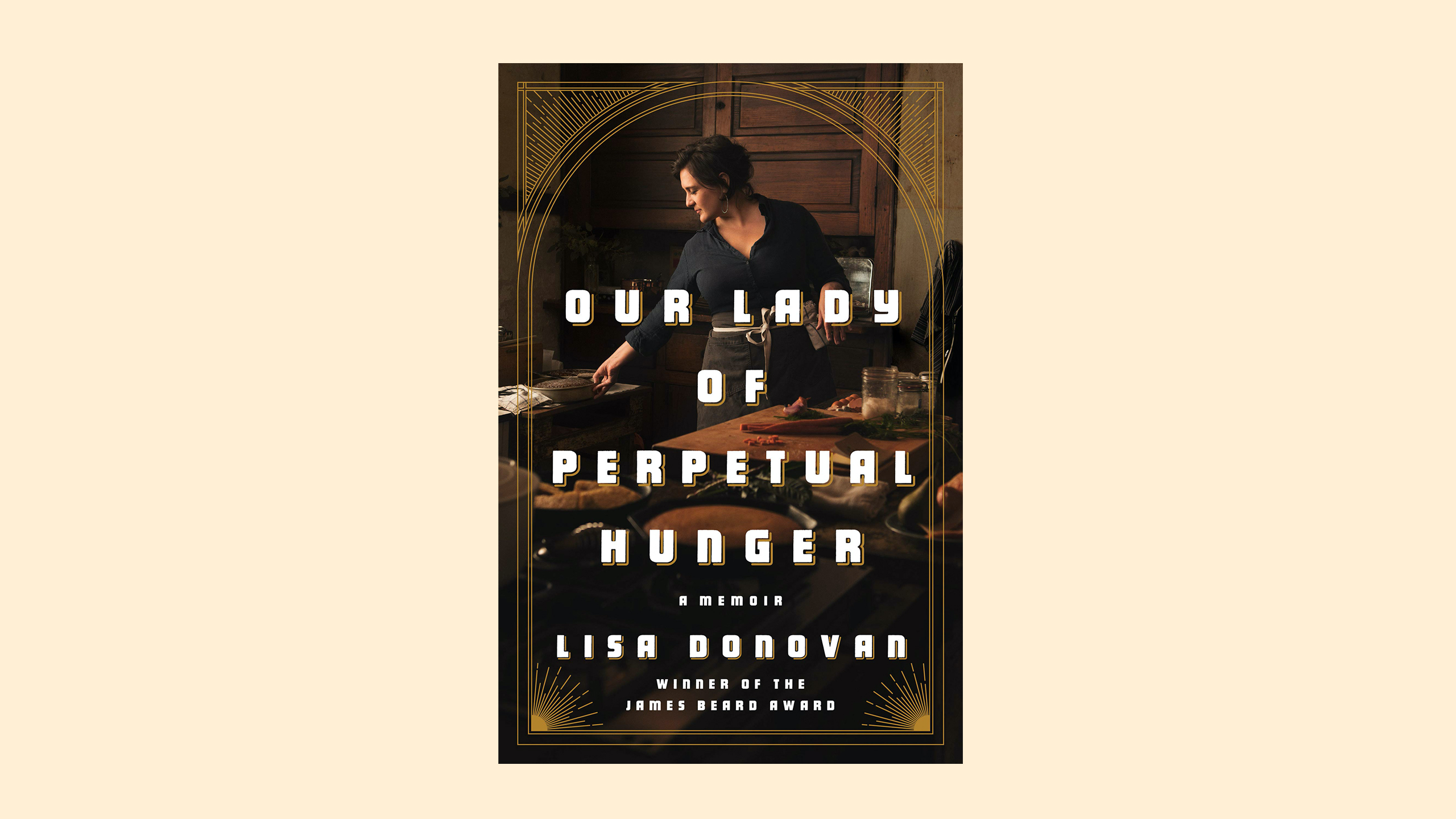
DM: I’ll have to check it out. I thought the chapter where you talk about #MeToo was really well put.
DC: Yeah I mean, every time I think I know something I realize I’m an idiot because I’ve only become like a master of one perspective or one thing, and the hardest part is to realize you gotta keep pushing and that the goal isn’t to just see your own perspective but the perspective of many others.
DM: So one of my favorite things you do isn’t Ugly Delicious, but it’s your somewhat hidden Instagram called “normalpot.”
DC: So the story behind that Instagram account is that my entire family came for my son’s 1st birthday, on March 1st. And so we all ended up stuck there and I needed to get out. And my buddy is like “I have a place where you and Grace can stay,” and so we go there, and he has nothing, like, no cooking equipment. But he does have an Instapot. And I’ll never call it by its correct name. It’s Instapot.
DM: Why do you dislike Instant Pot’s so much?
DC: Because you don’t need an electric pressure cooker for double the price. Just get a regular one. People act like it’s this amazing thing. It’s not the be-all and end-all. It’s not going to park itself. It’s not even new technology. The interface sucks.
DM: Is there any silly kitchen item you found that you ended up liking?
DC: No. Well, I amended my position on the air fryer. I posted a review where I basically call it a glorified hair dryer and people came back and said “it’s great for kids. It makes cooking chicken nuggets (the number one food in America) really easy.” And so I saw the perspective of others and how it might be useful to them, even if it isn’t like a traditional cooking method or really all that necessary.
The story reminds me of another book that I tell everyone to own and read, which is On Food and Cooking by Harold McGee which is less about recipes per se and more about the science and philosophy of food. But I mean, it’s basically required reading for anyone who wants to cook seriously.
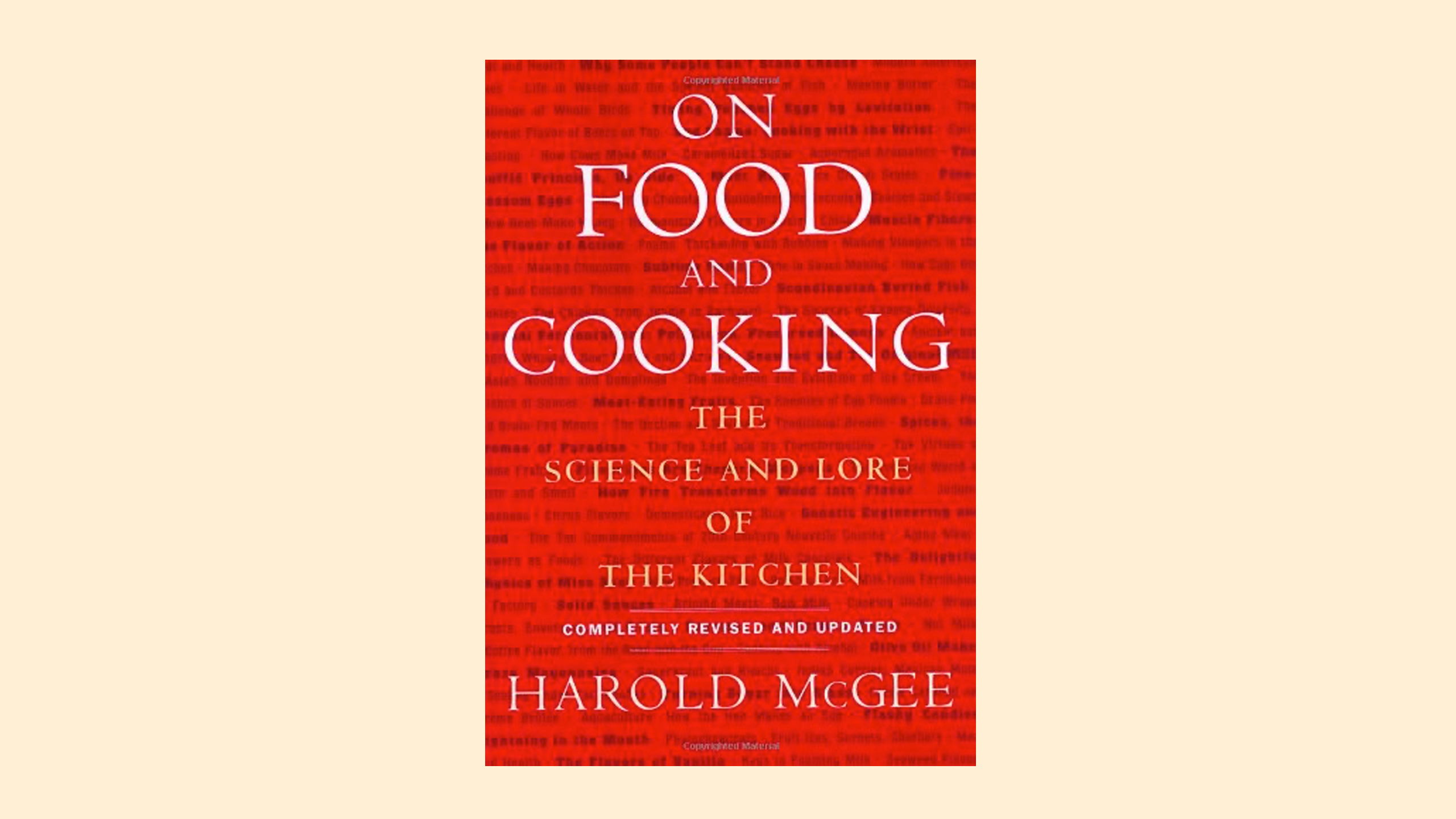
Similarly, The Perfectionist: Life and Death in Haute Cuisine is a good book because it covers modern French gastronomy from its inception and covers the madness of this man obsessed with perfection. He gets three Michelin stars, and then loses one, and it ends with him killing himself. I think it's a really good book if you want information on how competitive the restaurant industry is but it’s not like an amazing read.
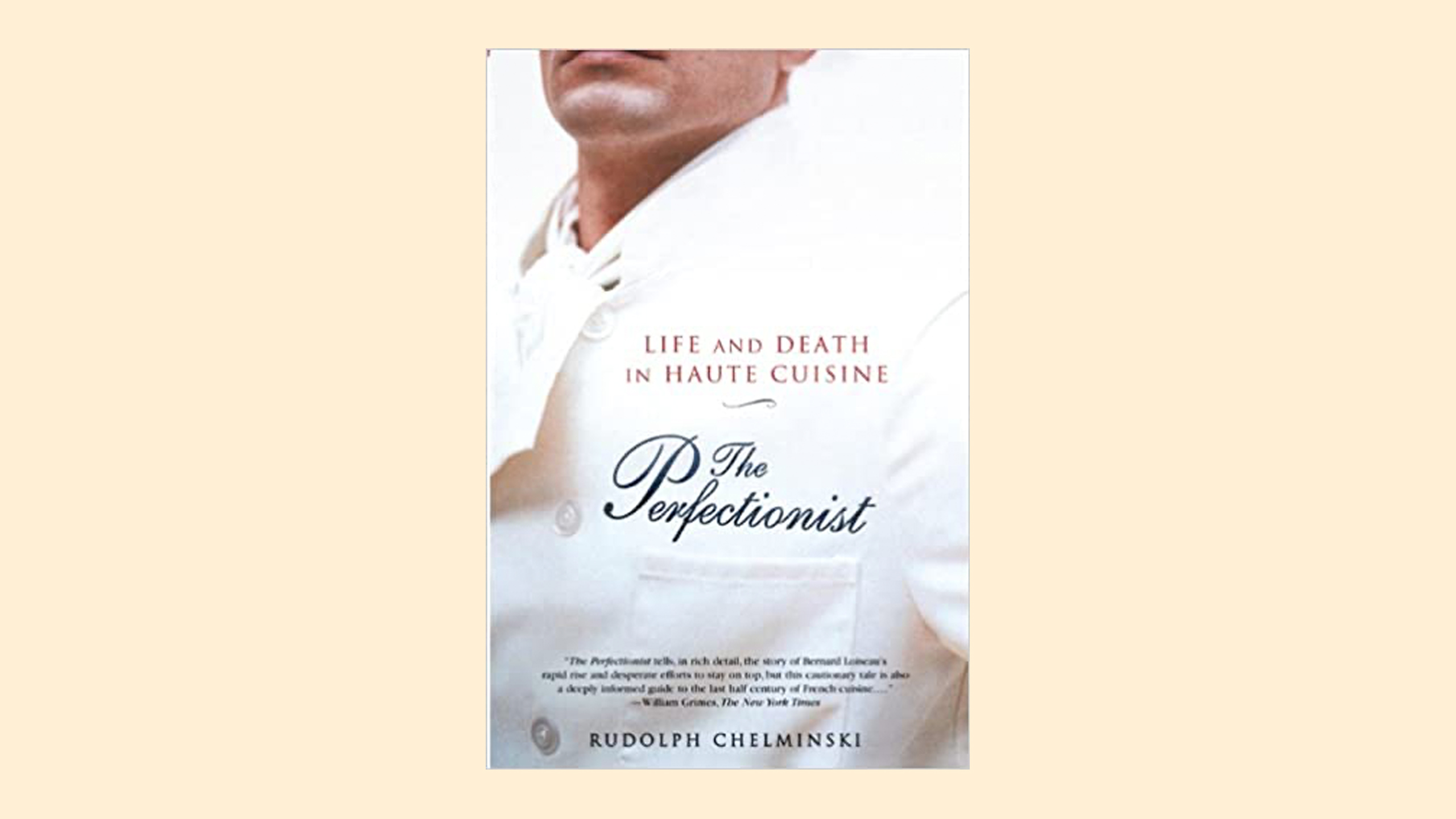
DM: Are you a perfectionist?
DC: I totally am. If I hear about someone having a bad meal, at Momofuku, it completely ruins my day.
DM: Still?
DC: Yeah. It totally guts me. I don’t want that to happen. If someone takes the time to buy a meal with their money and they hate it, I’m gutted.
DM: So how do you feel about writing a memoir?
DC: I feel like my defense is to try not to be too excited about it. If someone takes the time to buy the book and reads and when they finish they’re like “Well, that fucking sucked,” on the one hand you know, it is what it is, but it’s so weird when it involves yourself.
DM: Were the cookbooks easier?
DC: Oh, so much easier. Because this book is like, hey I’m a lunatic, I’m a legitimately crazy person and here’s all this crazy shit that’s happening, but I just think you know, I’m preparing for the worst and hoping for the best again.
DM: I think you read too much existential philosophy.
DC: I love that stuff. Actually the book I’m reading now is Wagnerism by The New Yorker’s music critic, Alex Ross, who also wrote The Rest Is Noise, which is amazing and if you haven’t read that you should check it out. But he has this new book that I’m super excited to start in on, especially because of how much I liked the other one.
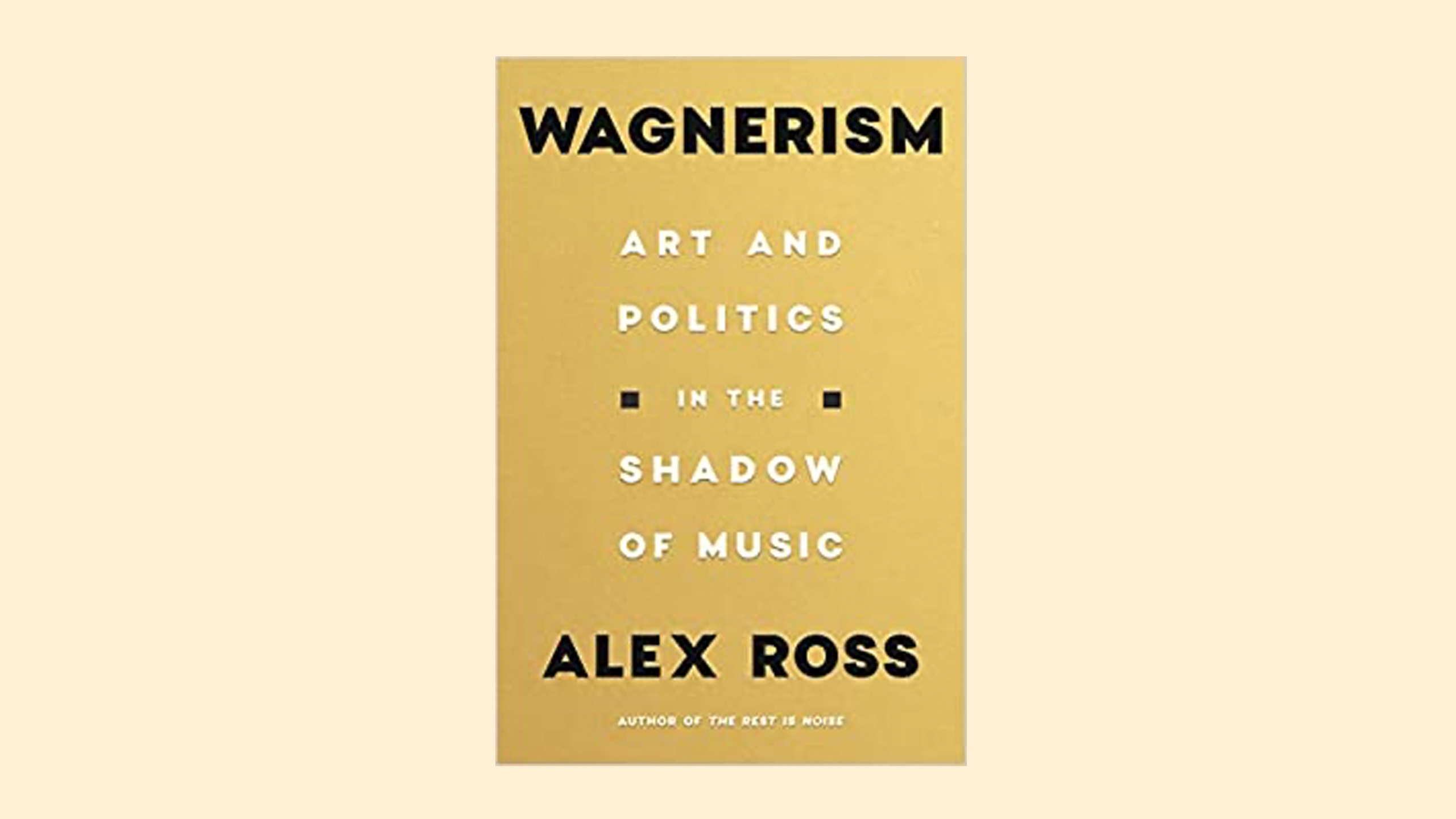
Interview edited for clarity.
Scouted selects products independently and prices reflect what was available at the time of publish. Sign up for our newsletter for more recommendations and check out our coupon site for more deals. If you buy something from our posts, we may earn a small commission.






